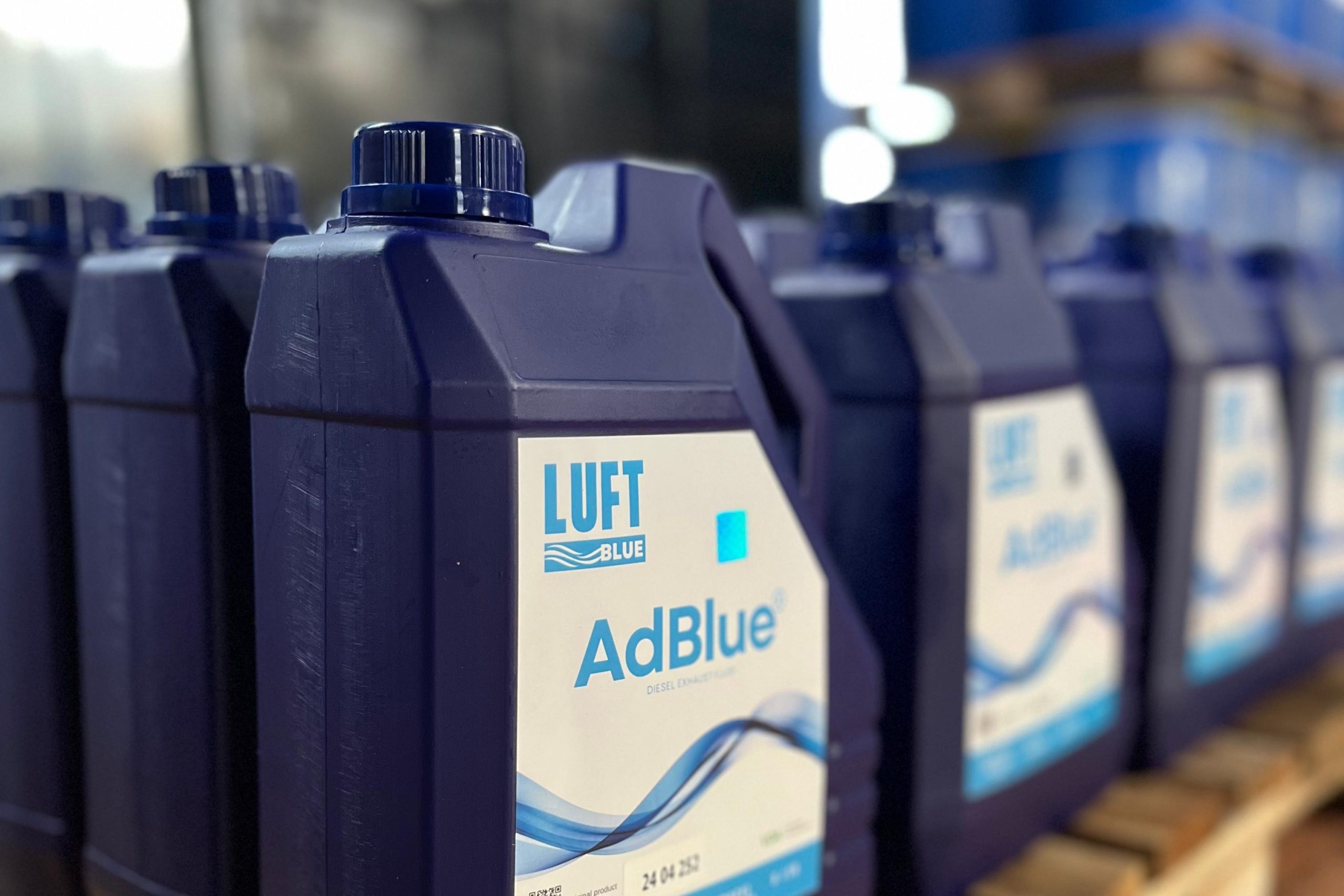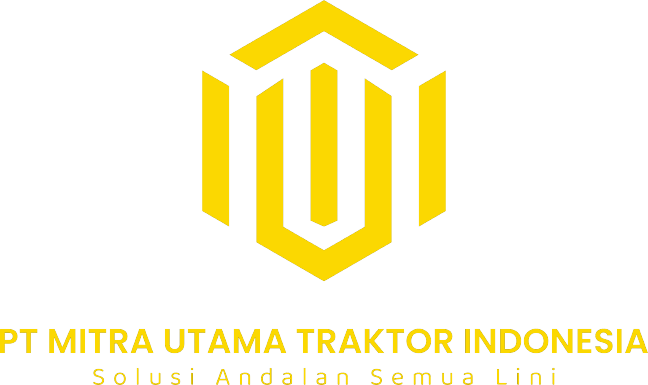Introduction
Climate change and air pollution pose serious challenges worldwide, including in Indonesia. Strict emission regulations aim to mitigate these negative impacts by implementing better standards in fuel usage. One solution introduced to meet these regulations is Luft Blue, an environmentally friendly Diesel Exhaust Fluid (DEF). This article will explain emissions and emission standards, emission regulations in Indonesia, and how Luft Blue can play a role in ensuring compliance with these regulations.
Explanation of Emissions and Emission Standards
Emissions refer to gases and particles released into the atmosphere, which can originate from various sources, including motor vehicles, industries, and power plants. The most common types of emissions include carbon monoxide (CO), nitrogen oxides (NOx), and fine particulate matter (PM). The effects of these emissions can be extremely detrimental, such as air pollution impacting public health and the environment.
To address these issues, many countries, including Indonesia, have established strict emission standards. These standards are intended to regulate the maximum amount of emissions allowed from vehicles and industrial equipment. In Indonesia, emission standards refer to the Euro regulations that govern the maximum allowable emissions of harmful gases from motor vehicles. By implementing stricter emission standards, the government aims to improve air quality and reduce negative impacts on public health.
Emission Regulations in Indonesia
Emission regulations in Indonesia continue to evolve, following global trends and increasing awareness of environmental importance. In 2017, the Indonesian government issued regulations requiring all motor vehicles to comply with Euro 4 emission standards, which are stricter than previous standards. This regulation aims to reduce NOx and particulate emissions from vehicles, which are major contributors to air pollution.
Furthermore, the Indonesian government is committed to achieving greenhouse gas (GHG) emission reduction targets set out in the Paris Agreement. To reach these targets, concrete measures are needed, including the adoption of cleaner, environmentally friendly fuels. Luft Blue, as a DEF product, can help support the government’s efforts to comply with increasingly stringent emission regulations.

How Luft Blue Can Contribute to Compliance with Regulations
Luft Blue serves as an effective solution in meeting emission regulations in Indonesia. As a Diesel Exhaust Fluid, Luft Blue works by reducing NOx emissions from diesel vehicles through a process known as Selective Catalytic Reduction (SCR). By using Luft Blue, vehicles can convert harmful NOx gases into nitrogen and water vapor, thereby helping to meet the established emission standards.
The implementation of Luft Blue in the transportation and industrial sectors not only assists vehicles in complying with emission regulations but also enhances fuel efficiency. By reducing harmful emissions, the use of Luft Blue can help companies avoid penalties and fines for regulatory violations while improving their reputation among increasingly environmentally-conscious consumers.
In addition, Luft Blue has other advantages, such as improving engine performance and prolonging vehicle lifespan. This makes it an excellent choice for companies looking to invest in environmentally friendly technology and reduce their carbon footprint.
Conclusion
Luft Blue plays a vital role in helping Indonesia meet strict emission regulations. By reducing NOx emissions through SCR technology, this product not only assists vehicles in complying with government-set emission standards but also supports global efforts to mitigate climate change. Investing in Luft Blue is a strategic move for companies to enhance compliance with emission regulations while maintaining operational efficiency. Thus, Luft Blue is not just a solution for meeting regulations but also a tangible contribution to environmental sustainability in Indonesia.
Read other Articles: Indonesia’s Commitment to Reducing Carbon Emissions





